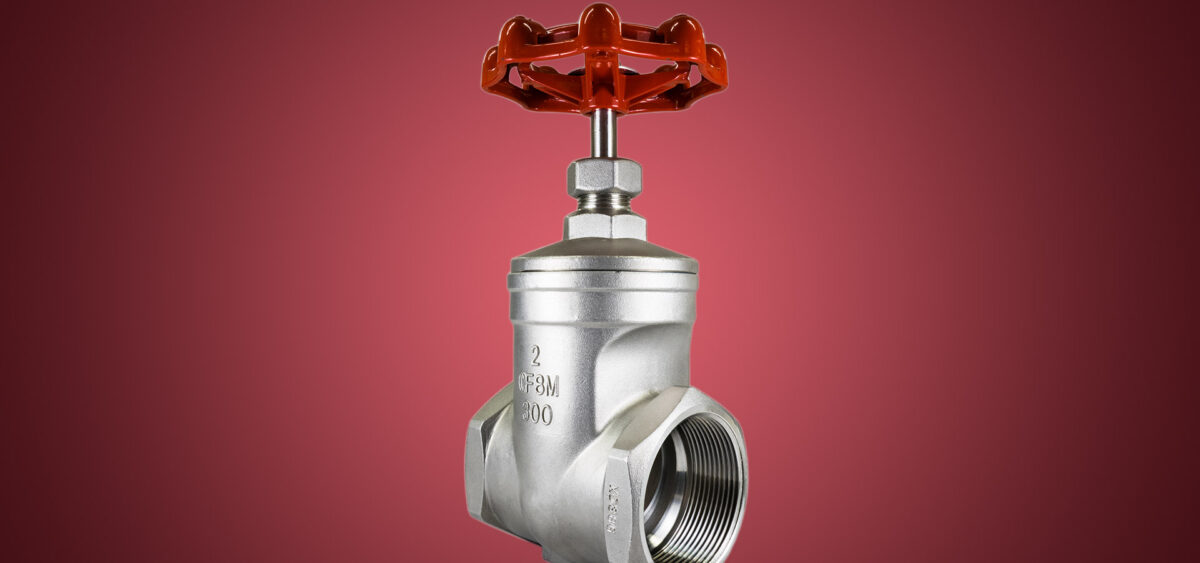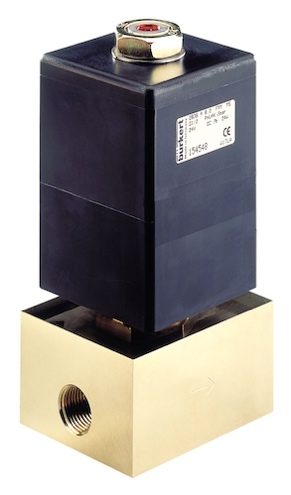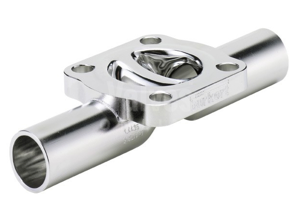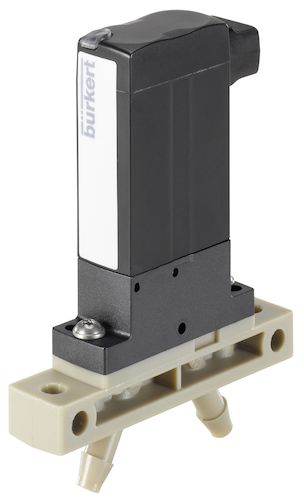
What are the different types of gate valves and what do they do?
Gate valves may seem like ordinary parts, but they play a critical role in how liquids and gases move around. These valves help control fluid flow, ensuring everything works smoothly. The interesting thing is that gate valves come in numerous forms, each of which is designed for a specific job. But how many different types of gate valves are there?
Here you will find out more about the different types of gate valves, how many types of gate valves there are, what they do, and how they are applied across various industries.
Wedge Gate Valves
Wedge gate valves are designed with a gate that resembles a sloping wedge. When the valve is closed, this wedge-shaped gate fits snugly between two inclined seats, creating a secure seal. This design ensures effective shut-off and flow control.
But in what instances are these valves used? These valves find application across various scenarios, from managing the flow of chemicals in industrial settings to regulating water distribution in municipal pipelines. Their reliability stems from the simplicity of their design, making them a suitable choice where dependable fluid control is crucial.
Also known for their ability to offer a balance between versatility and reliability, wedge gate valves have an uncomplicated structure that allows seamless operation and enduring performance, even in demanding conditions. Wedge gate valves quietly excel at their role, making them the ideal option in situations where consistent performance is important.
Wedge gate valves are known for their versatile functionality, making them a dependable choice. They also can blend seamlessly into diverse industrial contexts.
Parallel Slide Gate Valves
Parallel slide gate valves (also sometimes referred to as split gate valves) are engineered to enable the controlled movement of fluids within pipelines. They achieve this by offering a clear and uninterrupted pathway for fluid control. This design feature makes split gate valves particularly effective in applications where minimising pressure drops and ensuring efficient flow are imperative.
In practice, parallel slide gate valves manage the directional flow of liquids and gases by smoothly guiding them through their precisely designed internal components. These gate valves thrive in scenarios that demand both optimal flow efficiency and pressure management. They can be used in industries from chemical processing plants to oil refineries, where precise fluid control is integral to the operational success of various processes.
Parallel slide gate valve design allows for precise fluid modulation, catering to industries where precise control is essential. Thanks to their compact size, they shine as guardians of seamless operations, making them easy to install.
Slab Gate Valves
Slab gate valves, recognised for their significant role in the oil and gas industry, boast a distinctive one-piece gate design that allows smooth fluid flow and minimise disruptions. These valves are particularly valuable in high-pressure situations, where maintaining a secure seal and efficient flow is vital.
In the oil and gas sector, slab gate valves play a key role in managing the movement of hydrocarbons within pipelines and processing facilities. Their robust construction and streamlined design contribute towards their effectiveness in maintaining reliable operation, even in challenging circumstances.
When compared to other valves, slab gate valves are less likely to leak, easier to repair, and require less maintenance. They’re also more durable than other kinds of valves.
Knife Gate Valves
Knife gate valves are another type of gate valve, but are specially engineered to handle the complex challenges posed by thick and viscous fluids that may contain solid particles. These valves feature a gate with a sharp-edged design that can effectively cut through and manage the flow of such challenging substances.
Industries like mining and wastewater treatment often rely on knife gate valves to regulate the movement of abrasive or slurry-like materials. Their unique construction and robust design allow them to perform reliably in demanding environments, ensuring efficient flow control even when dealing with problematic substances.
One of the primary benefits of knife gate valves is that they’re cheap and easy to actuate. They are also light in weight, have a low-pressure drop, and are known for their durability.
Parallel Expanding Gate Valves
Parallel expanding gate valves are renowned for their ability to provide a secure seal even in high-pressure conditions and provide a unique solution for fluid control. These valves feature a gate that expands against the seats when closed, ensuring a reliable and tight closure that stops any leakage.
The application of parallel expanding gate valves is particularly prevalent in sectors where maintaining airtight seals is essential. Whether in pipelines conveying volatile gases or systems dealing with hazardous liquids, these valves are critical for ensuring safety and operational efficiency.
Parallel expanding gate valves are renowned for their superior strength, durability, safety in high-temperature environments, and reduced operating torque.
At BM Engineering, we’re proud to be known as the leading UK supplier of valves, actuated packages, and instrumentation to the process industries. With over 6 decades of experience combined under our belt, you can get in touch with one of our trusted professionals to help you find the right gate valves for your needs and avoid costly replacements.



